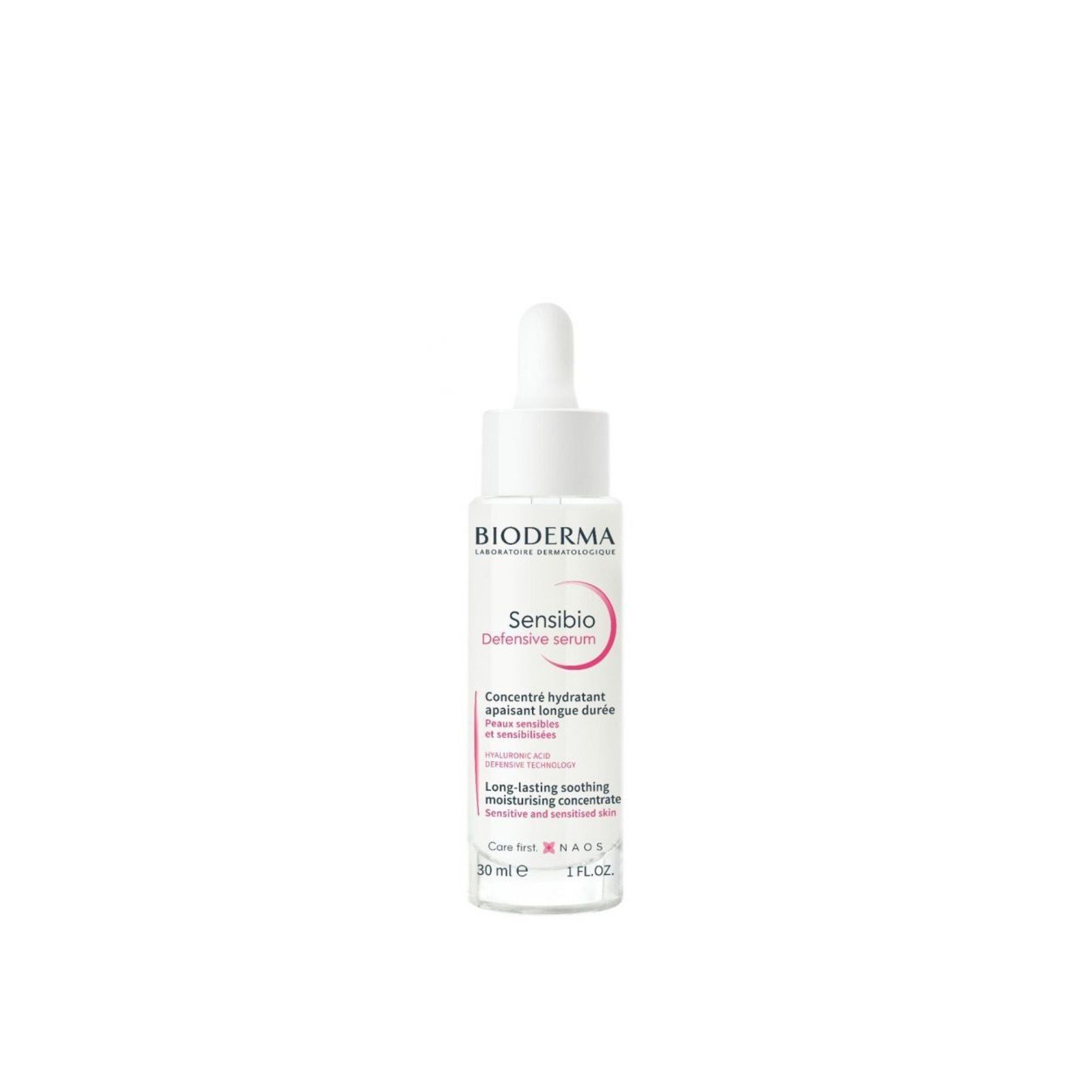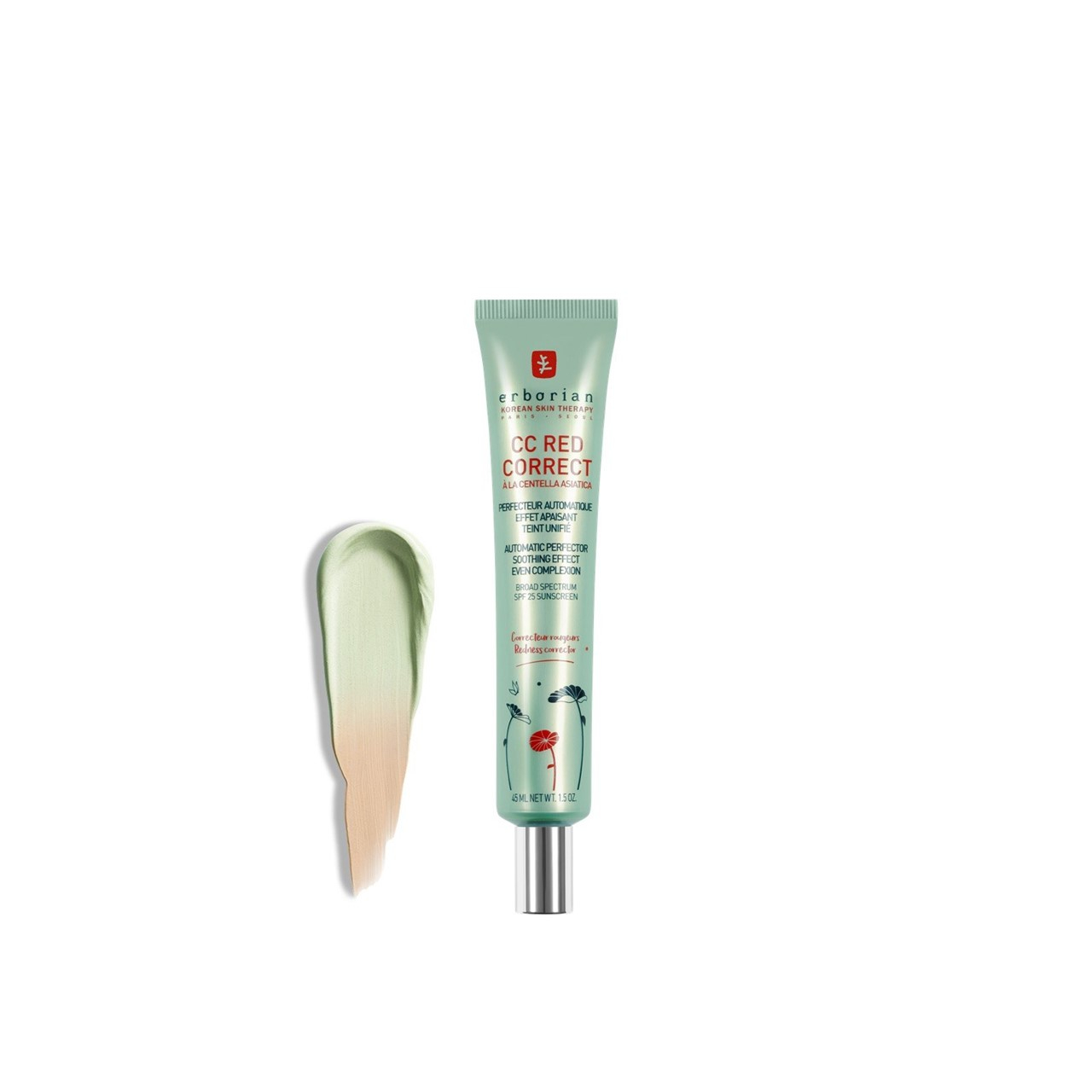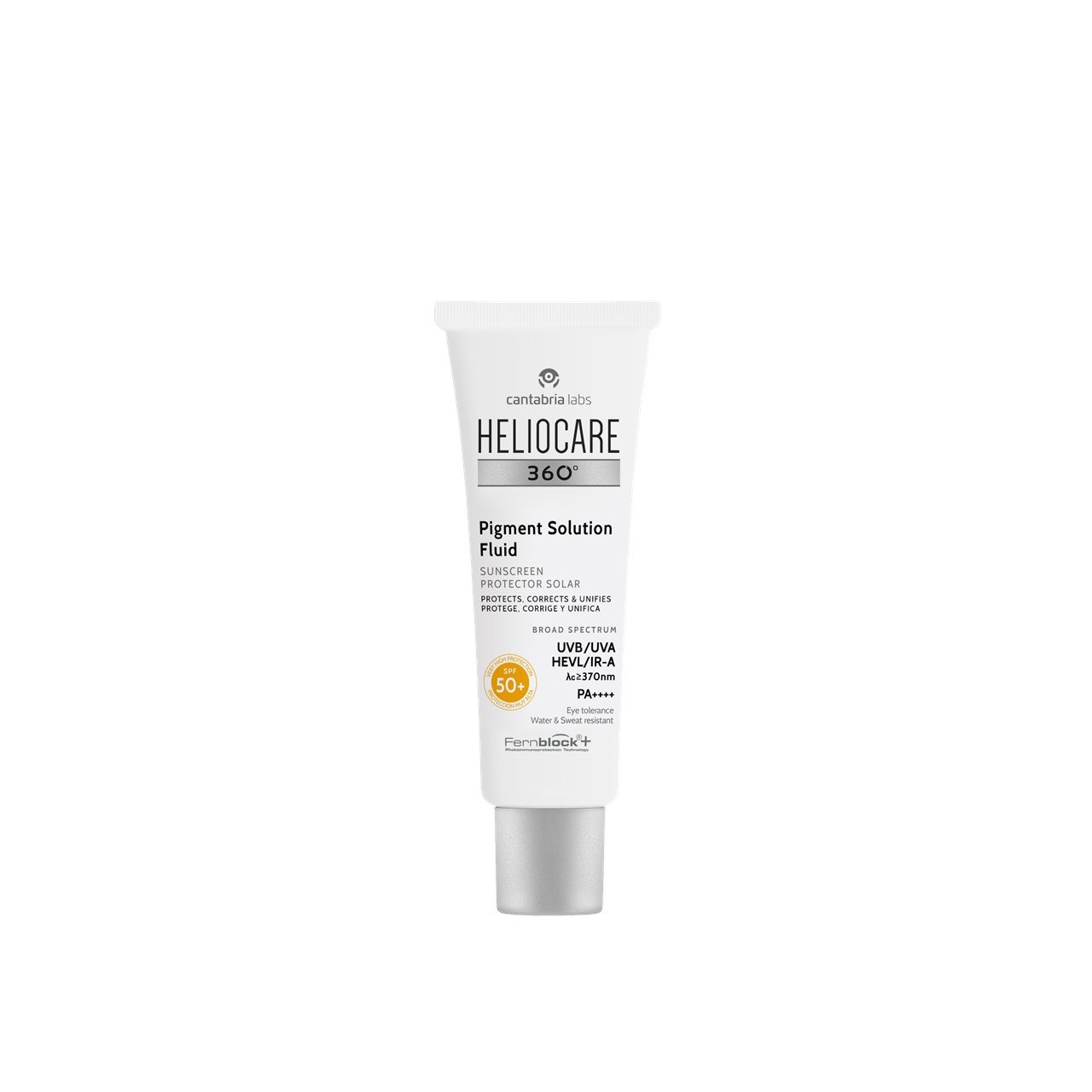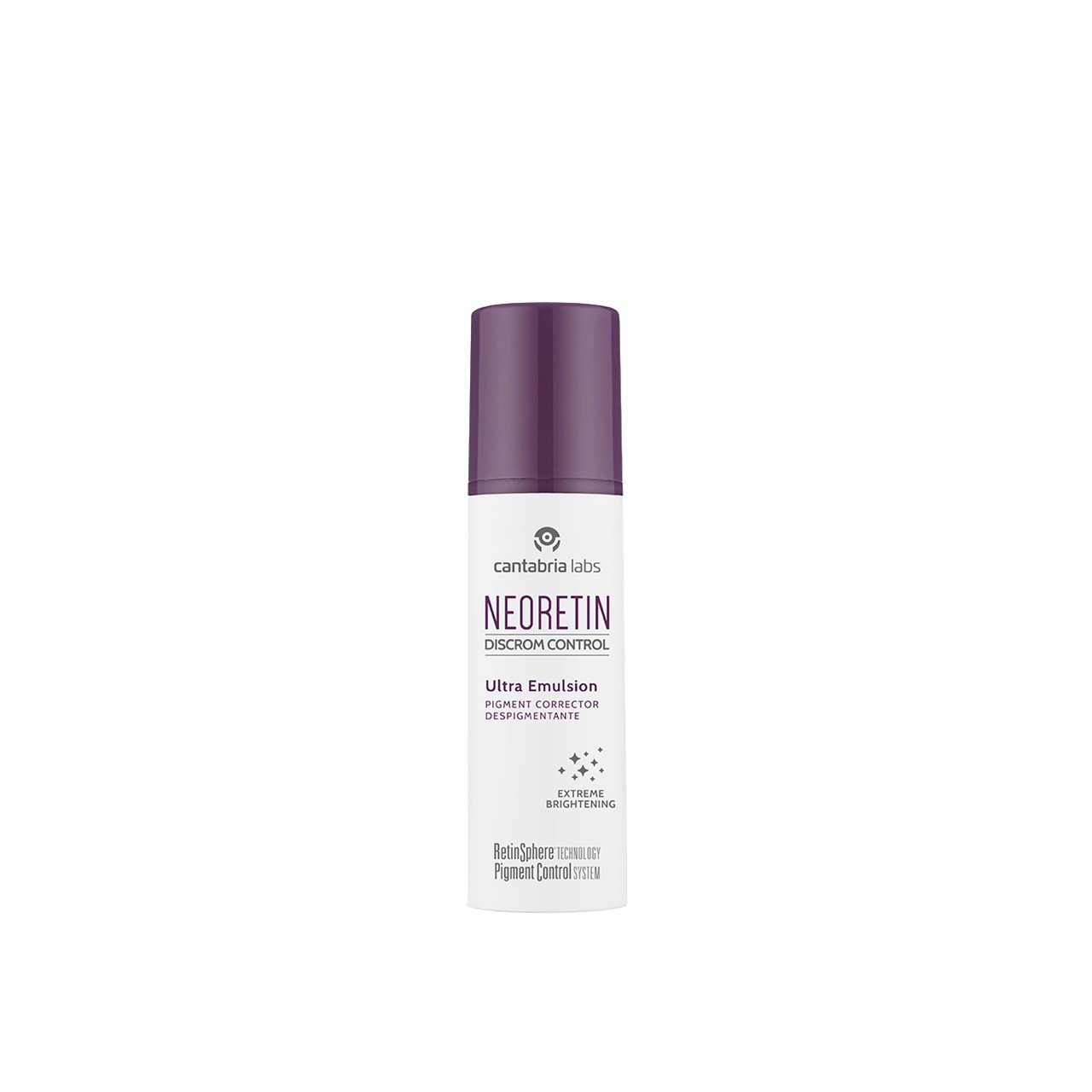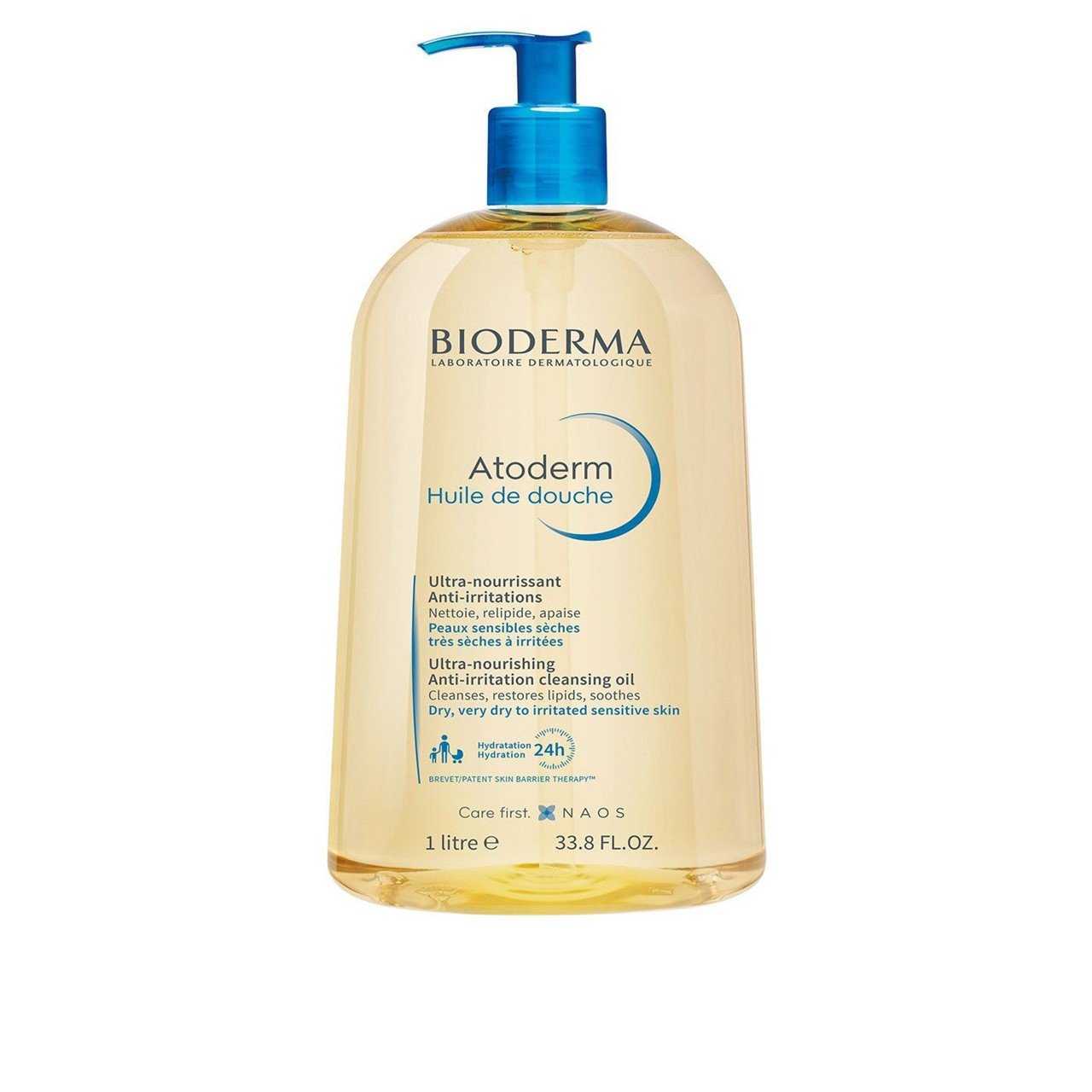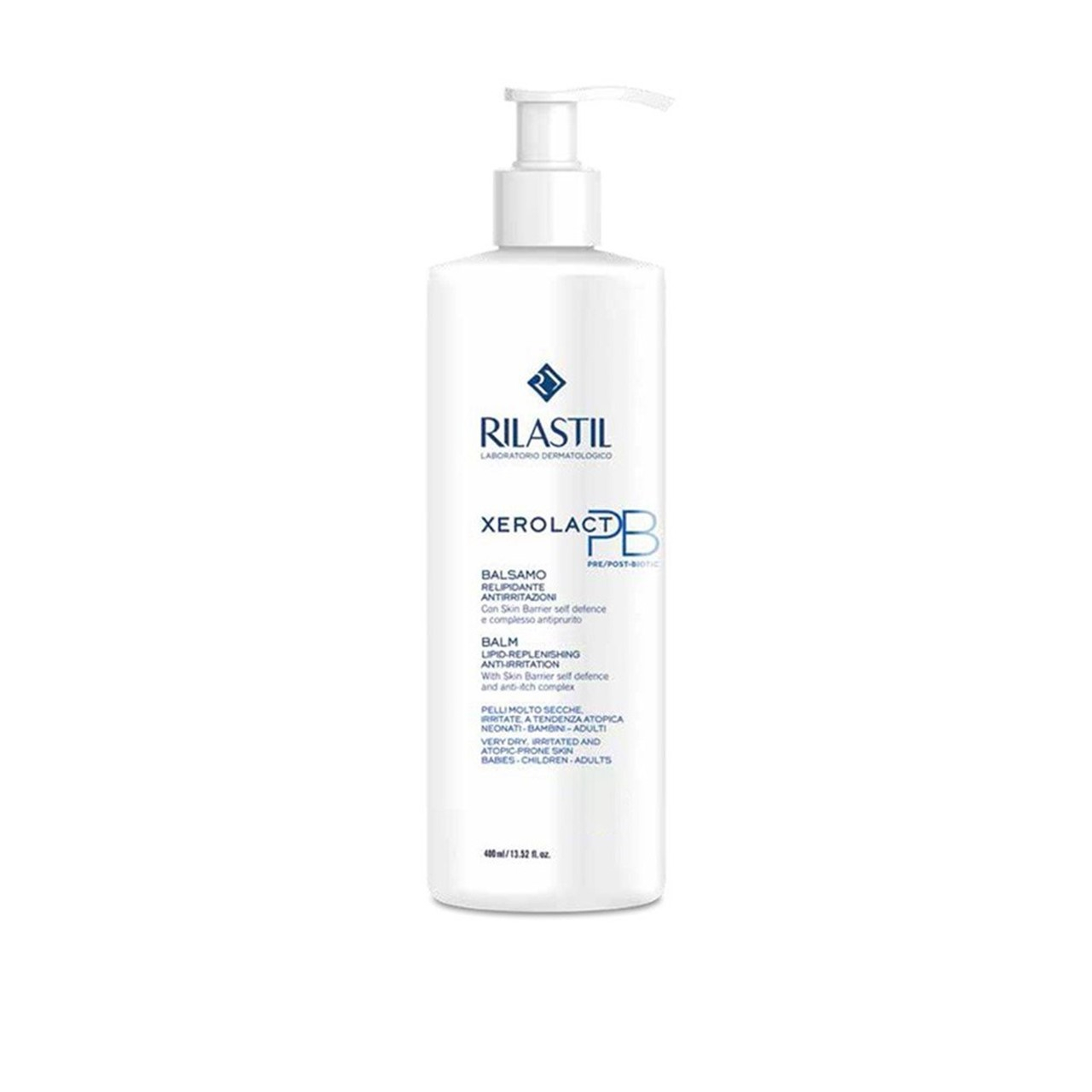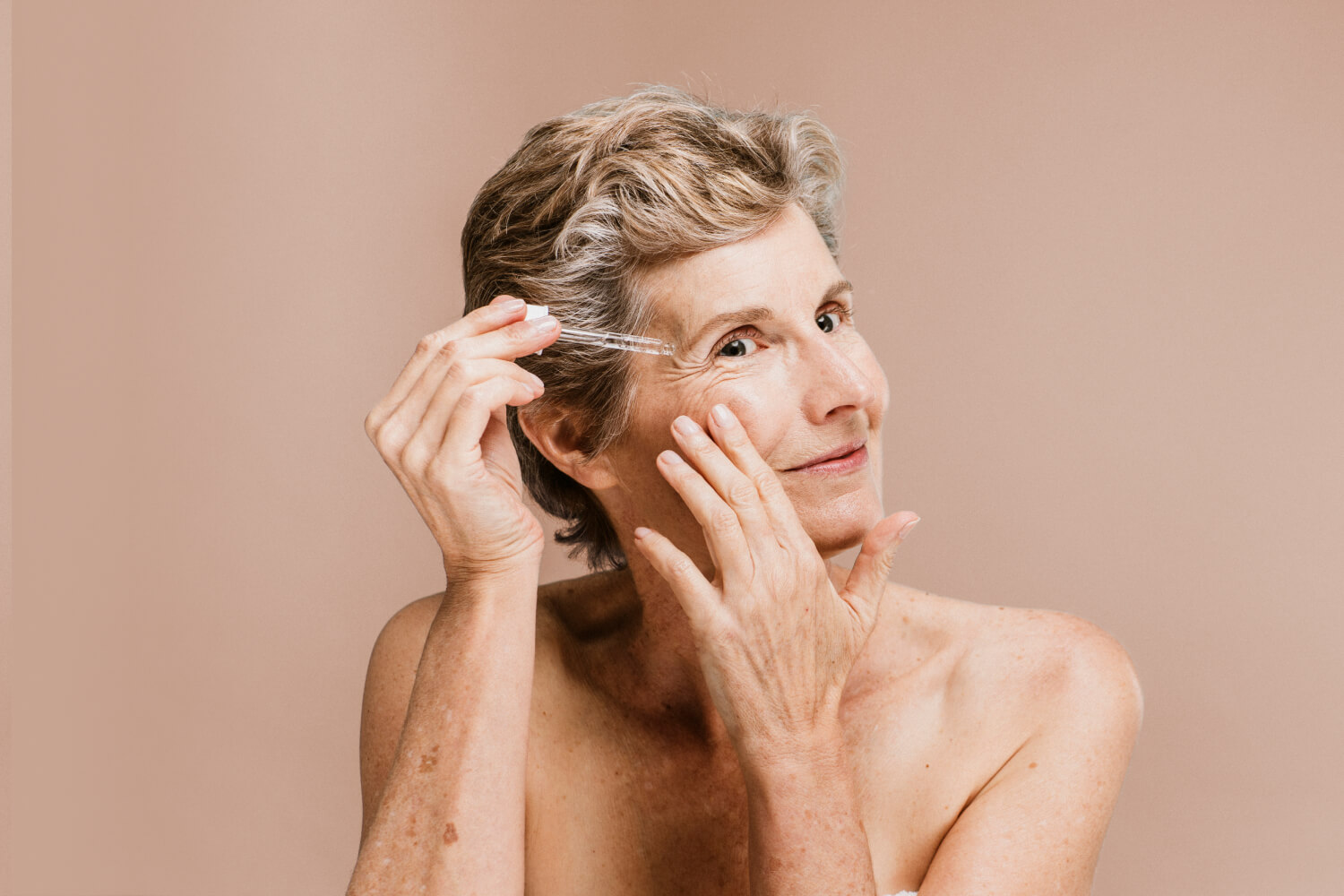
Your skin can change a lot after menopause; some of those changes will be visible (say, dark spots or a loss of radiance), and some of those changes will be mostly felt. Among these, conditions like itchy skin, eczema, or rosacea can compromise your well-being and make you feel a little less comfortable in your skin.
Although these changes and conditions are to be expected, it doesn’t mean you must endure them. It’s not okay to not be okay! Skincare can help you achieve deep improvements when it comes to many of these conditions; today, we’re here to help you find the right products for your needs.
On this post:
- Menopause and itchy skin
- Acne and breakouts during menopause
- Rosacea in menopause
- Melasma and menopause
- Eczema after menopause
Menopause and itchy skin
With the decline of estrogen production, the skin tends to become thinner and drier. This is the main cause of the itching you may be experiencing. Keep in mind that you may experience this feeling of discomfort and itchiness all over your body, including in the genital area.
How to fix itchy skin during menopause
As long as these itching sensations are mild, you will be able to handle them with the right skincare. Use gentle cleansers and body washes to wash your body, and then make sure to replenish moisture with a deeply nourishing lotion.
Let’s say that again: please, don’t overlook the skin cleanser! We know it’s easy to disregard the cleansing step, because you’ll be applying lotion right after your shower, but trust us on this one. Showering and cleansing can deplete the skin of its natural protection and leave it deeply disrupted–even more than not using a moisturizer at all.
As for the genital area, there are some cleansers formulated for this exact concern.
Acne and breakouts during menopause
The causes that lead to breakouts after menopause are exactly the same as those that lead to breakouts in teenagers–hormonal imbalances. Even though, as we’ve seen, these imbalances are likely to cause dry skin, they can also cause oily skin after menopause. Fortunately, it’s rare that post-menopause acne is severe, but no one wants to be handling acne at 40 or 50.
How to target menopause acne breakouts
In a post-pandemic world, many of us are now familiar with acne in adult life (due, in no small part, to the use of masks). This has led skincare brands to develop products that target both acne and aging–which is great news for anyone dealing with breakouts during or after menopause.
Because there are now so many products in this category, you can choose the ones you feel more comfortable with, and that feature the textures you love. Fortunately, you no longer have to compromise between pleasurable experience and efficacy. Formulas with salicylic acid, niacinamide, and sebum-controlling ingredients are key at this stage.
Rosacea in menopause
By now you may be familiar with menopausal hot flashes. They’re nothing short of a nightmare for those who need to endure them. However, besides being a nuisance that often occurs exactly when they shouldn’t, they can also trigger rosacea flares. Rosacea is linked with two main triggers: blood vessel changes and inflammation. Hot flashes contribute to both, therefore causing rosacea flares. In fact, this is one of the most common skin conditions after menopause.
How to handle rosacea in menopause
Hot flashes are really hard to control. Indeed, the best way to do it is to undergo HRT (Hormone Replacement Therapy). However, if they’re still happening and worsening your rosacea, there are some cosmetics that can help. Some rosacea creams can help you cool your skin a bit, besides helping with all other rosacea symptoms. Make sure you’re only using gentle products made for rosacea. There are some that have anti-aging properties, so try them instead of other wrinkle-fighting lotions and potions.
Melasma and menopause
Here’s a piece of bad news: HRT can be very helpful after menopause, but it has also been associated with the appearance of dark spots and pigmentation. Indeed, something that helps you with a plethora of difficult symptoms can also make things harder for you. It’s the same reason as always: hormones. Many women in their late perimenopausal stages who are taking HRT end up facing melasma.
How to control melasma in perimenopause
As always, the first step toward managing melasma is investing in good sunscreen. Always use sunscreen, even if the weather is cloudy, or it’s raining, or you’re at home. Sun radiation is the main culprit of melasma, so it’s best to keep it at bay. There are even some two-in-one sunscreens that help you fade pigmentation. However, if you want to stick to your favorite sunscreen, you can always invest in an additional depigmenting serum to help you on your fight against melasma.
Eczema after menopause
So, your skin can become dry after menopause. We know that already. But it can actually become totally unbalanced and reach the level of eczema. Eczema is more than just dry skin: it’s disrupted skin, with a compromised skin barrier and microbiome changes. Indeed, this microbiome alteration is one of the most relevant changes that lead to other skin conditions after menopause.
If you find yourself with eczema, using a very nourishing cream is no longer enough to rebalance your skin. You need to target the needs of your skin and replenish it with everything it needs.
How to manage eczema after menopause
Eczema is a disease, so focus your attention on controlling flare-ups. Keeping your skin healthy is key to maintaining it regulated. So here’s what you need: extremely nourishing formulas that a) are fragrance-free, and b) improve your microbiome and your barrier. Keep in mind that what you choose to cleanse your skin with matters a lot.
Menopause can be a challenging process, both in general and as it manifests on your skin. However, you don’t have to endure every skin condition that comes with it; with the right skincare products, you can improve your quality of life and feel comfortable in your own skin once again. Learn how to care for your skin with targeted skincare for menopausal skin, and explore practical tips and tricks to achieve radiant skin no matter your age!
Pharmacy Technician & Beauty Writer

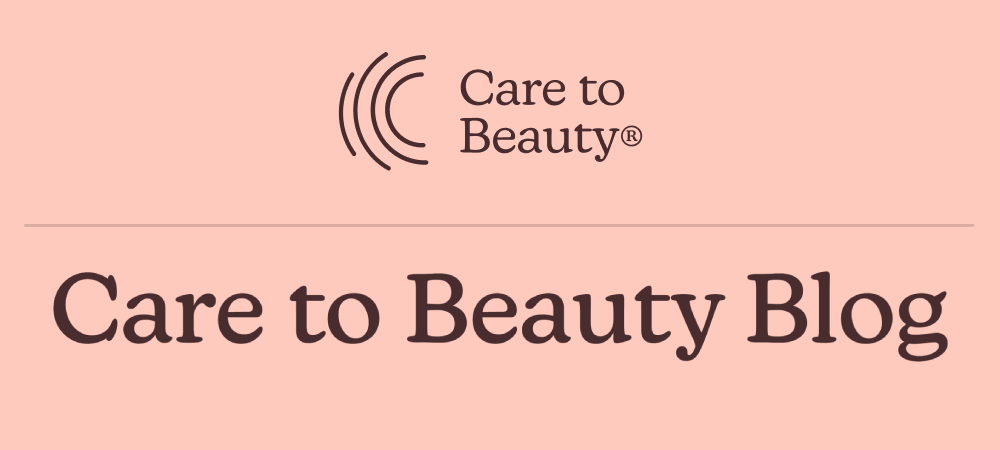
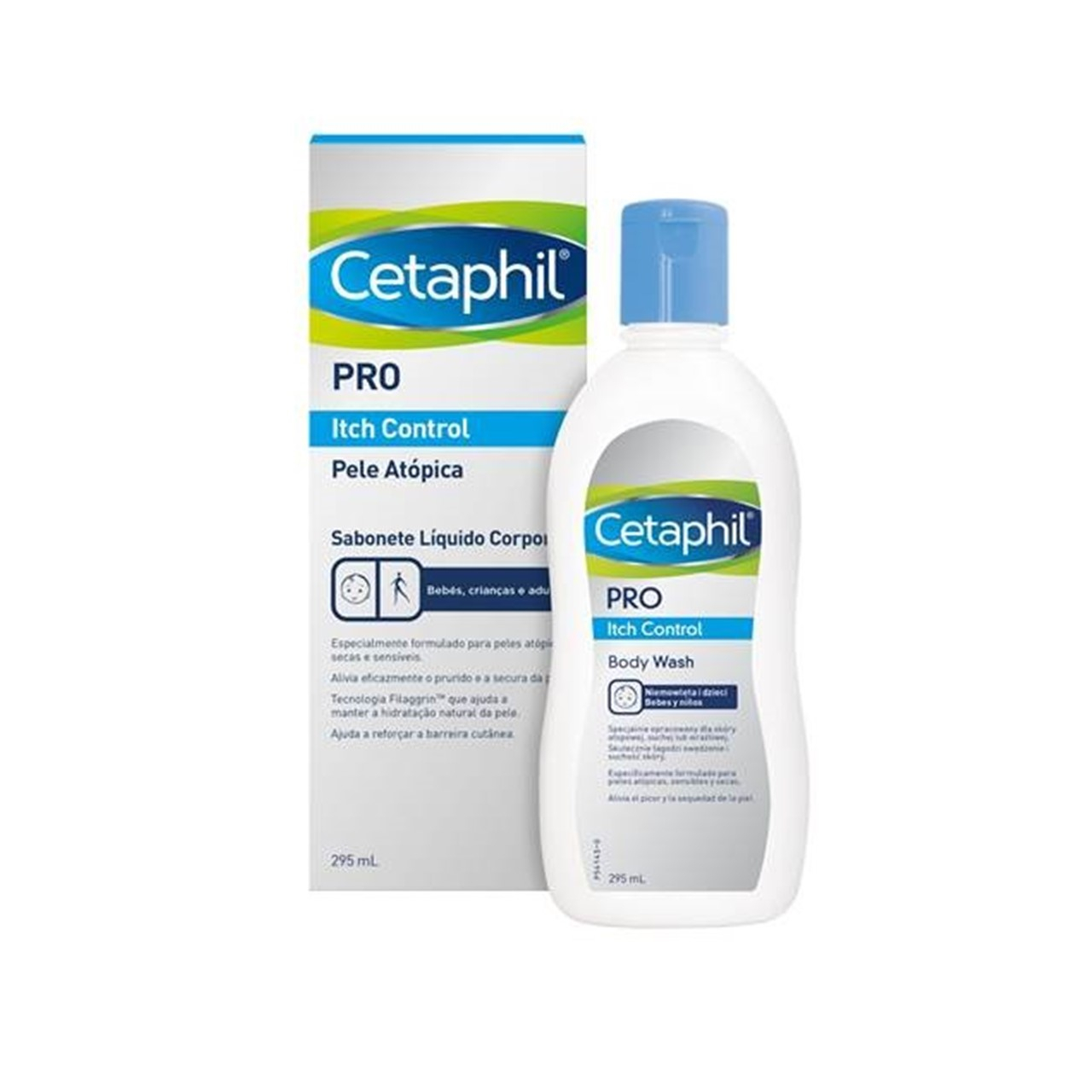
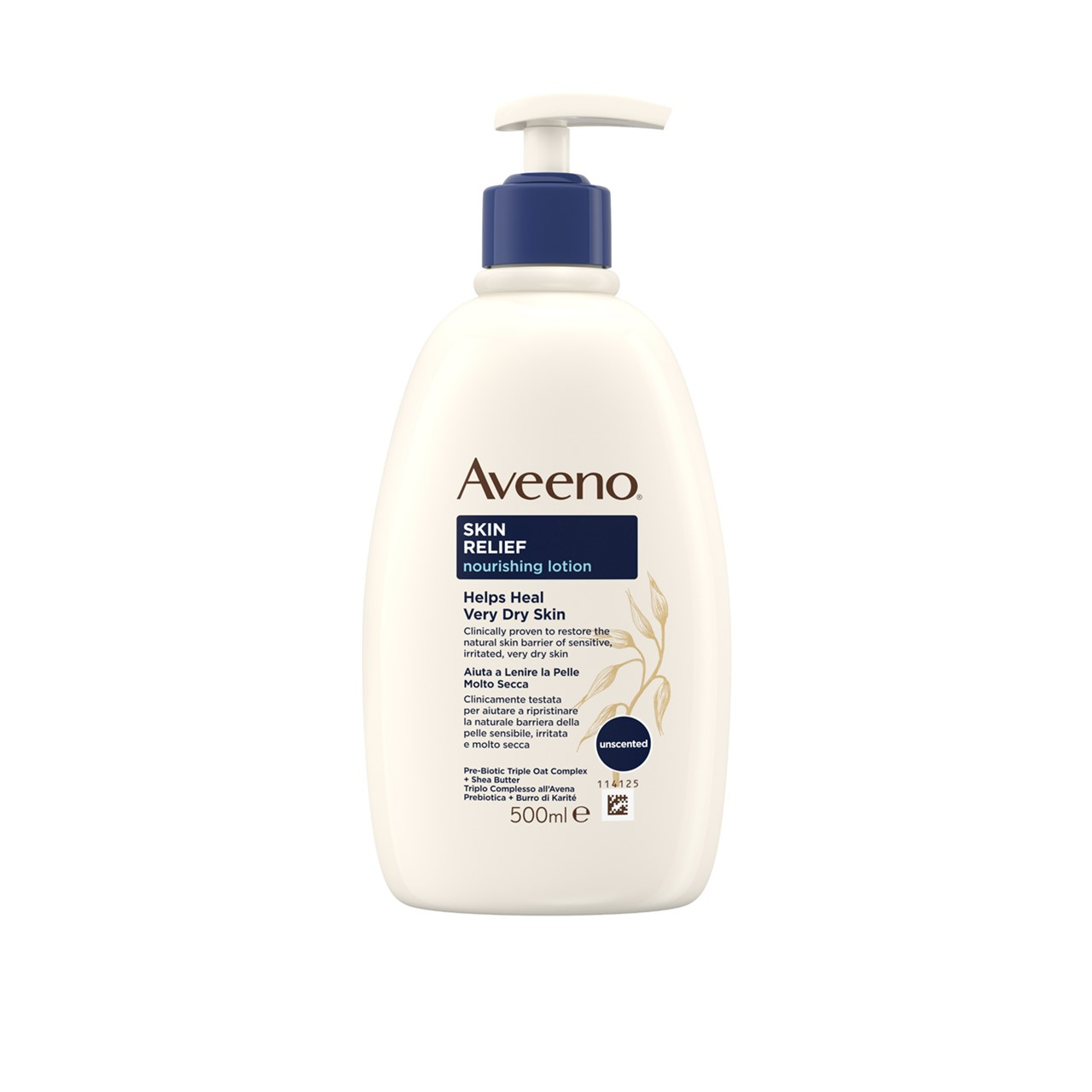
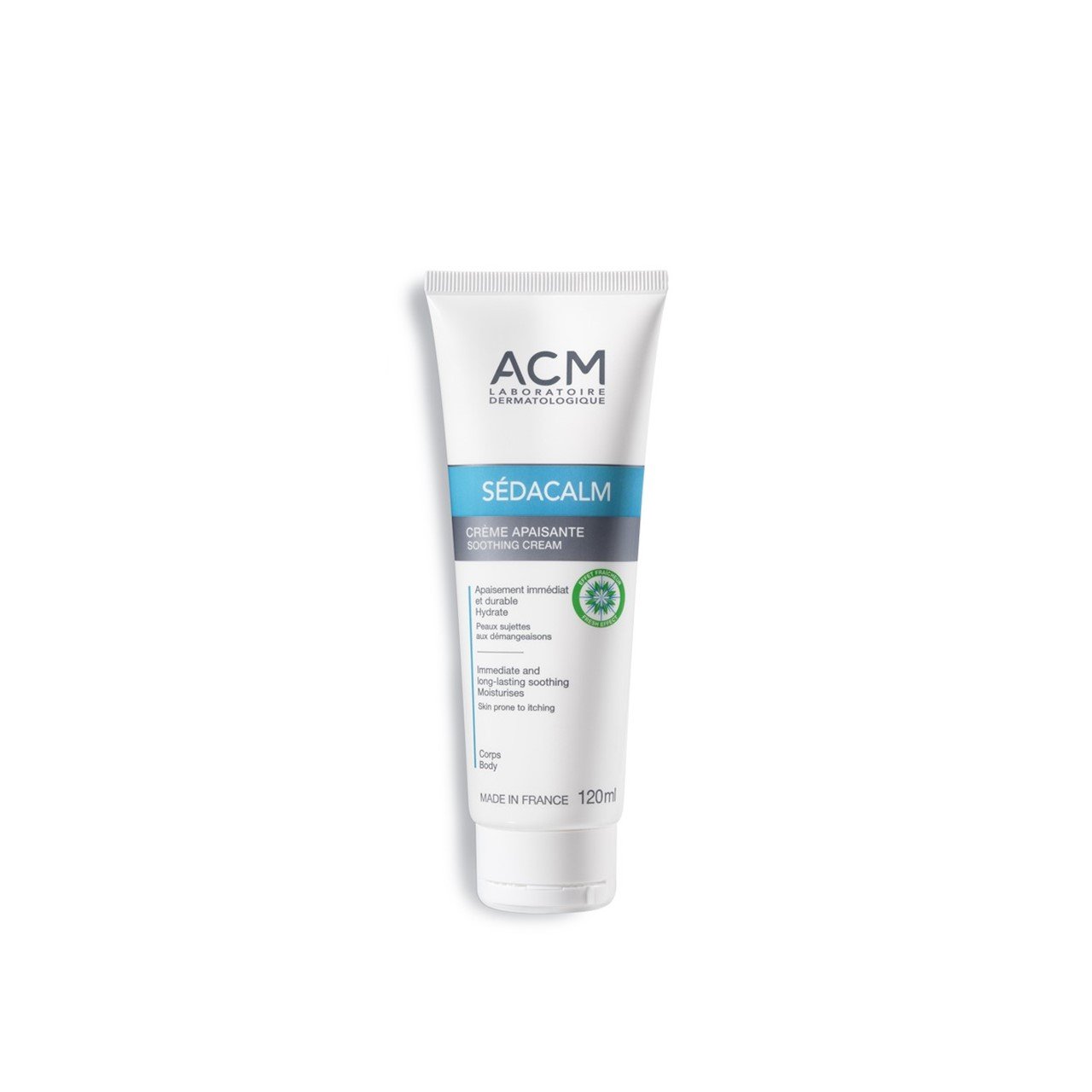
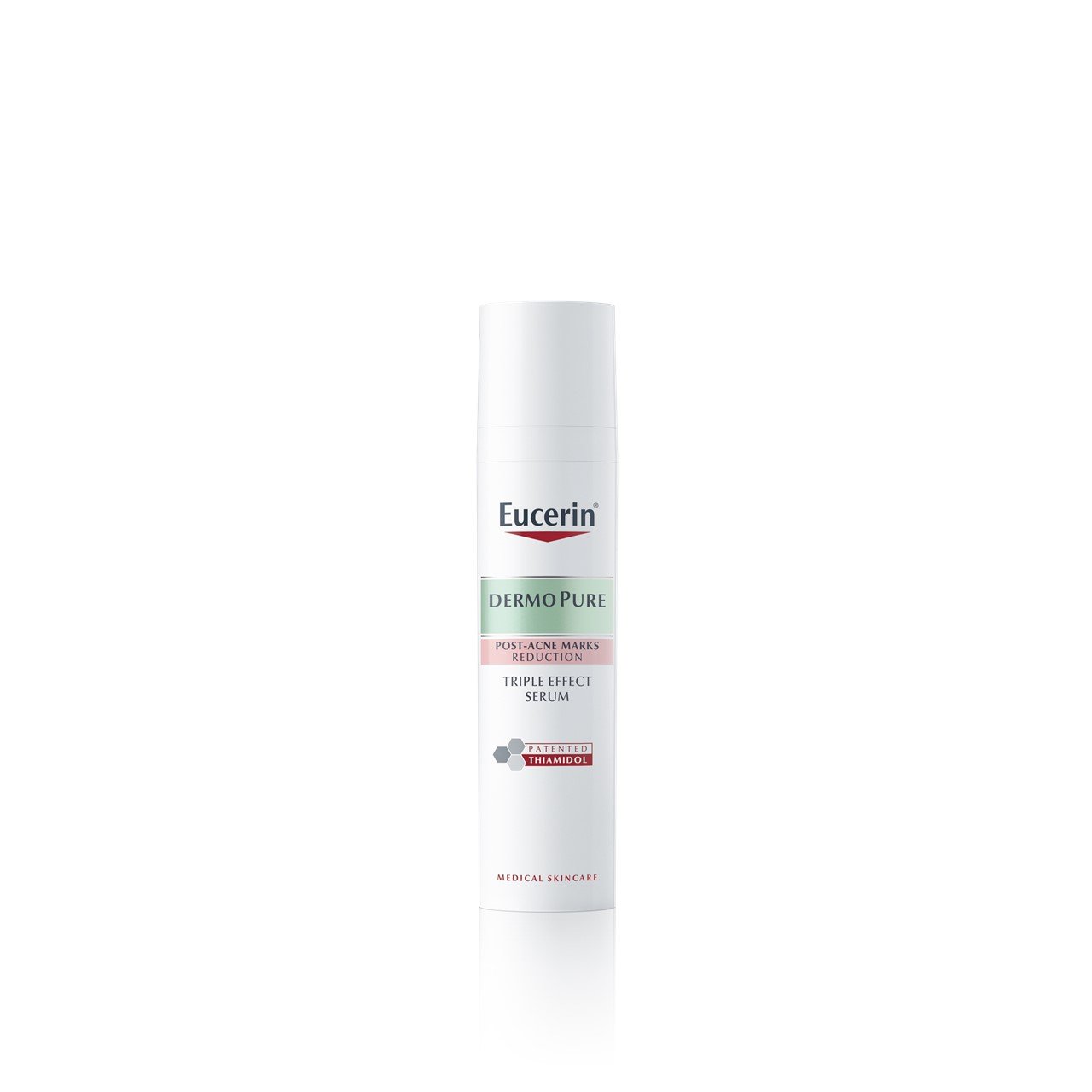
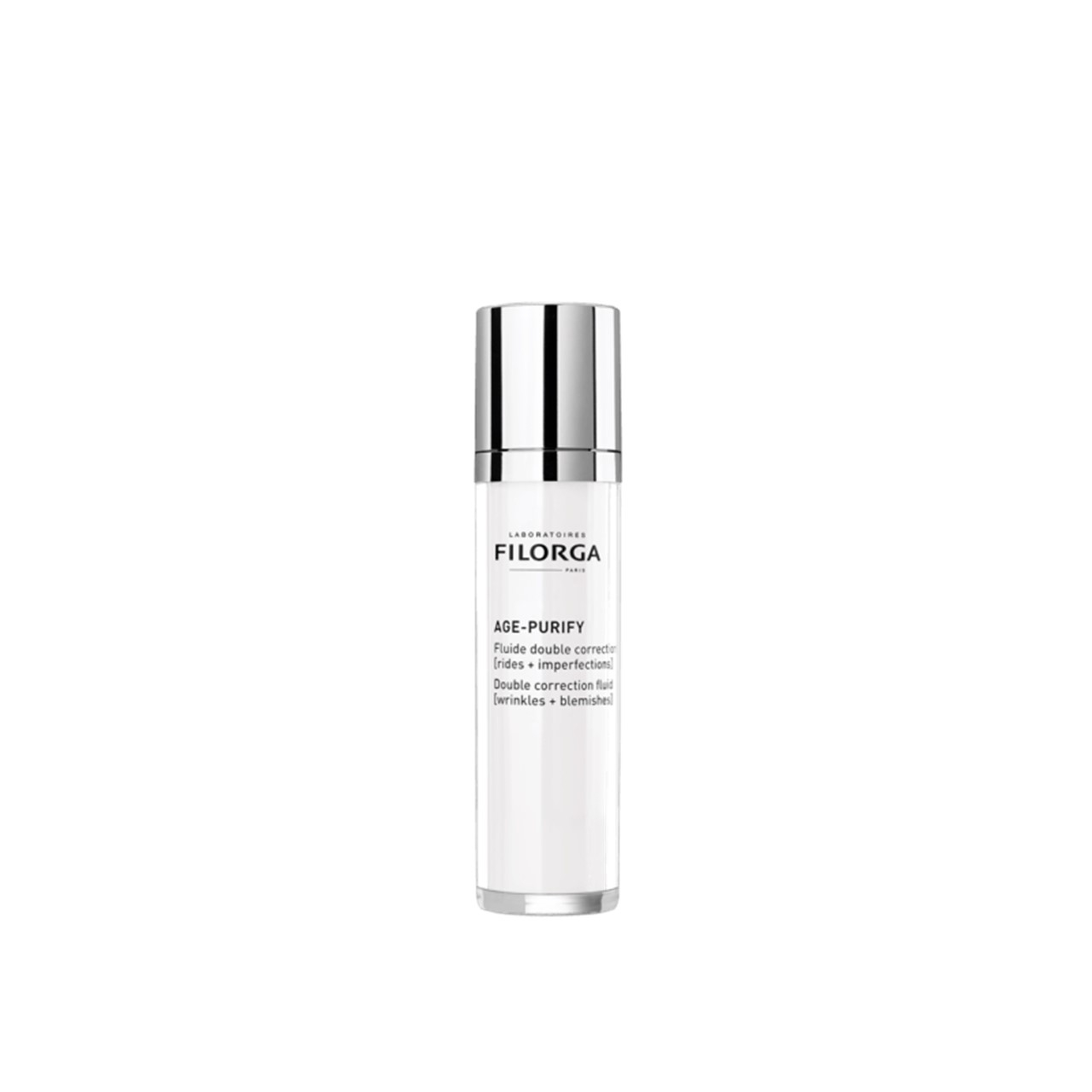
![Sensilis Upgrade [AR] Firming Soothing Sorbet Cream 50ml](https://static.beautytocare.com/media/catalog/product/s/e/sensilis-upgrade-ar-firming-soothing-sorbet-cream-50ml-3.jpg)
